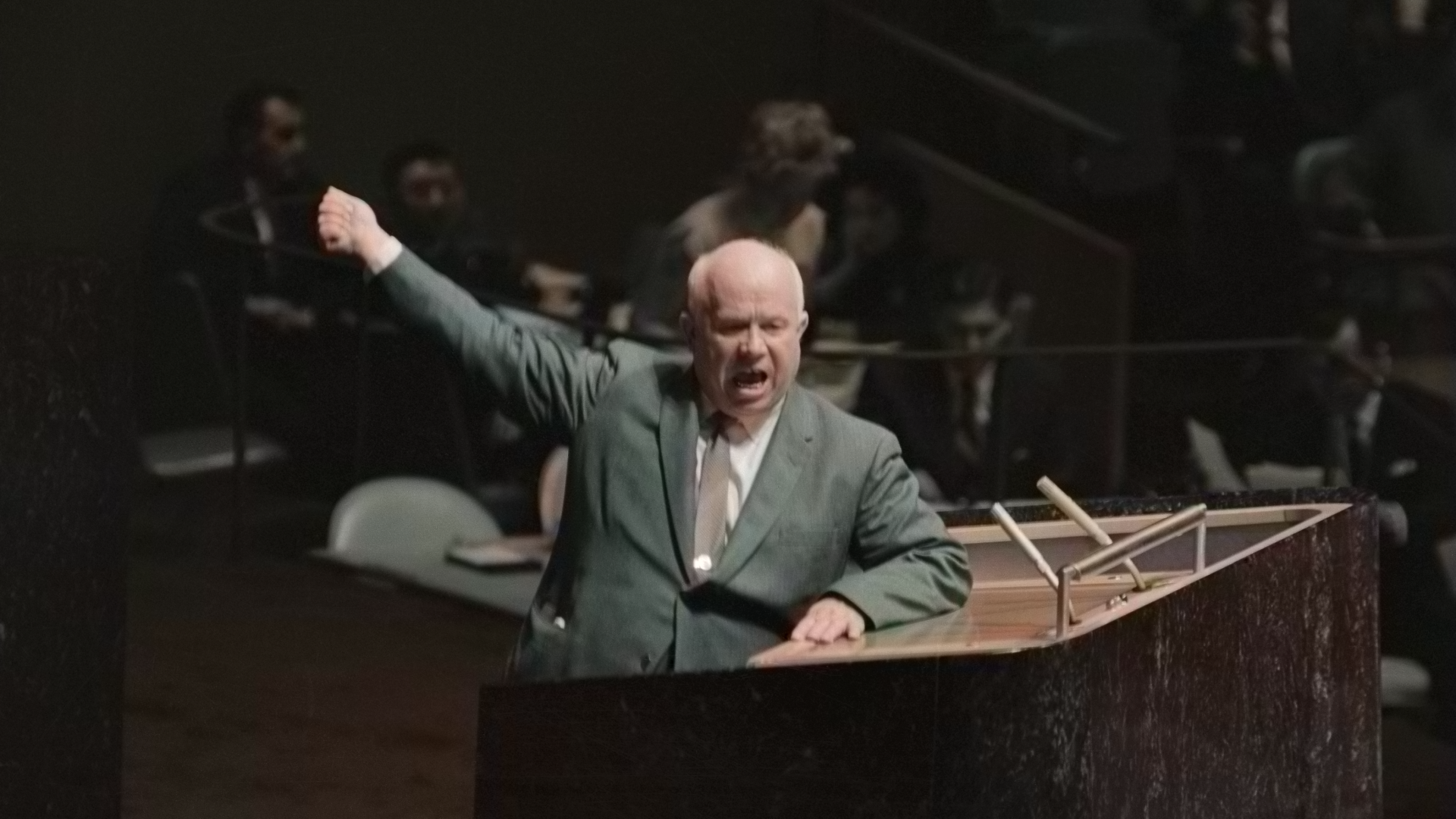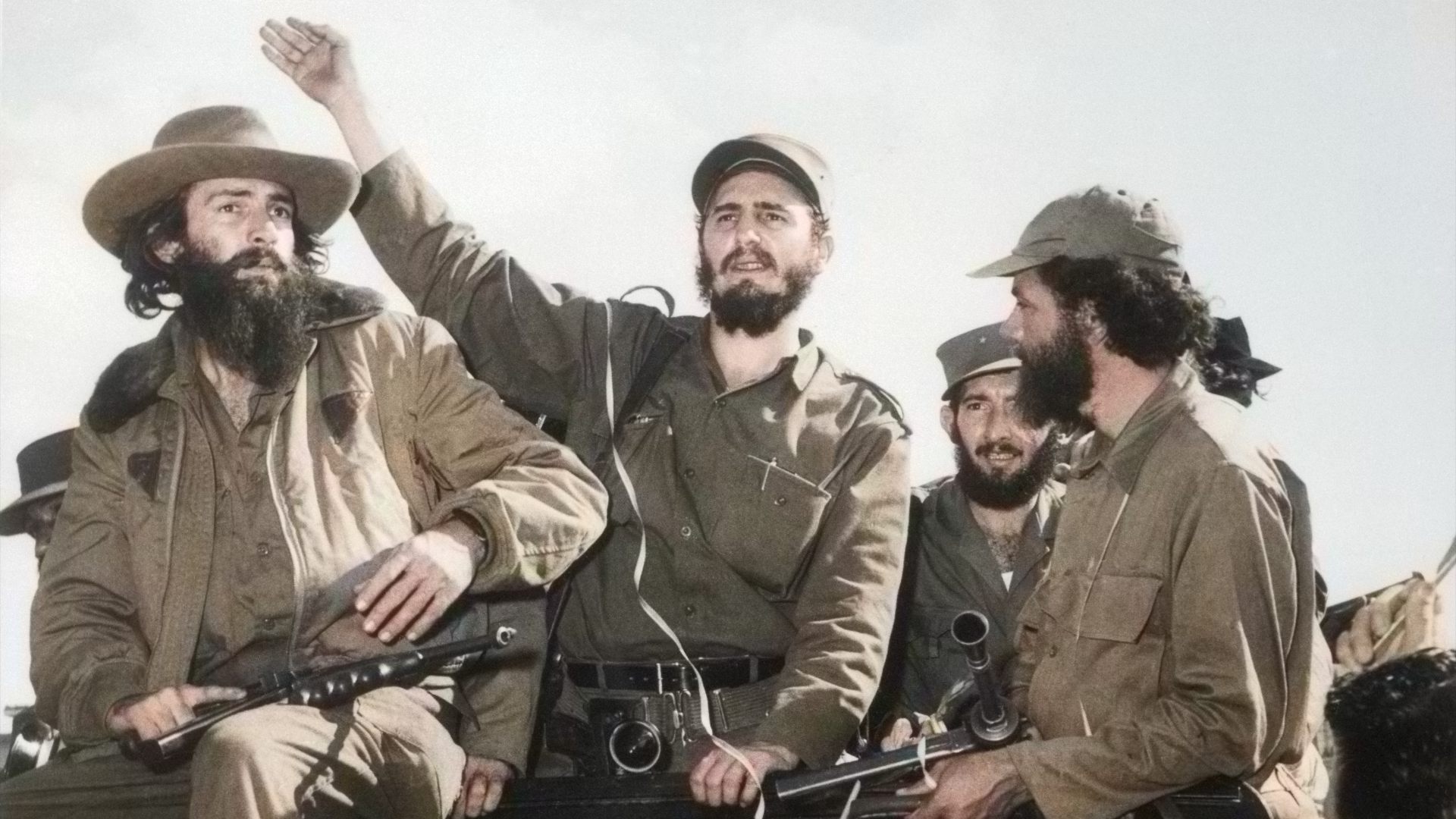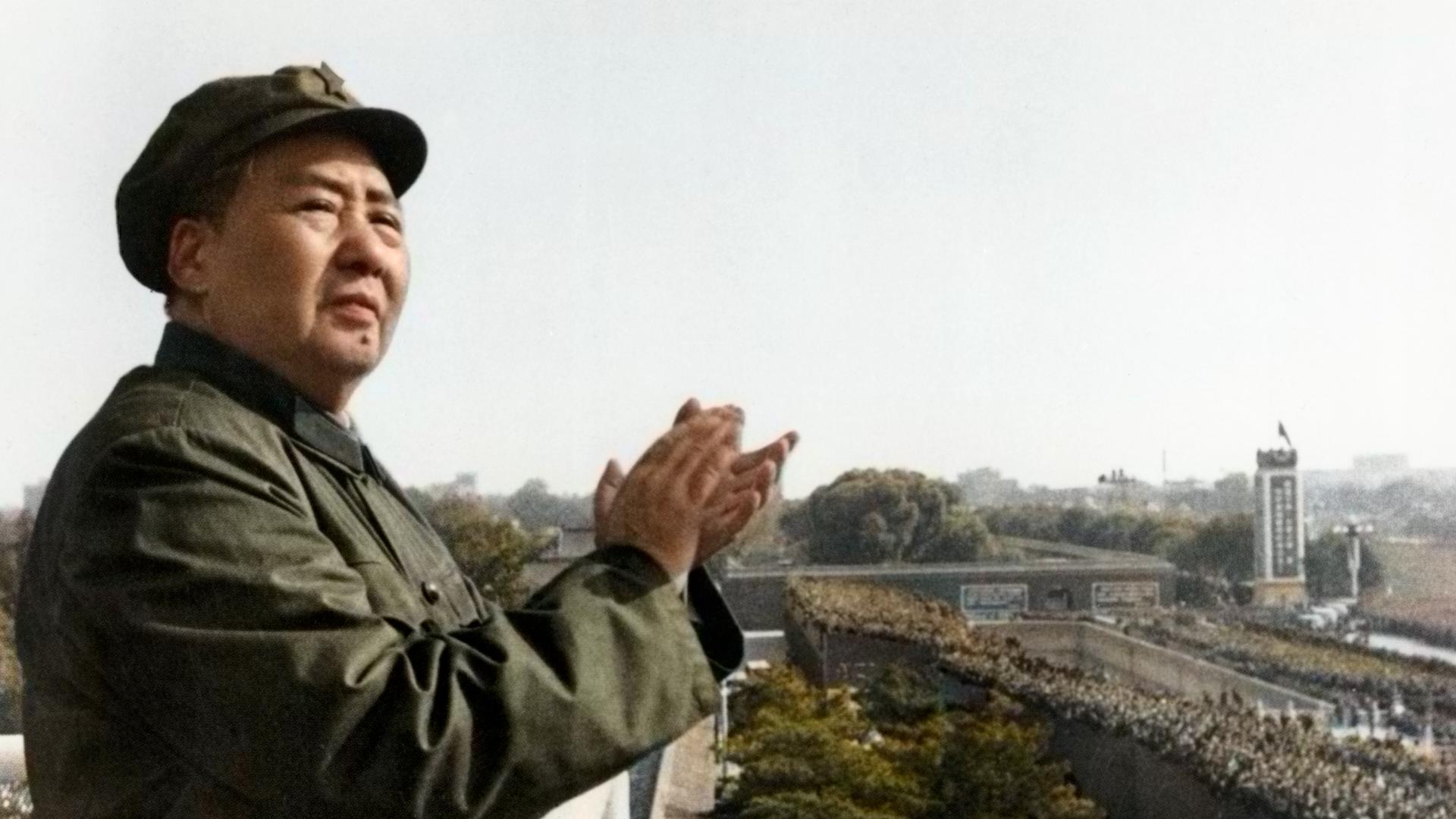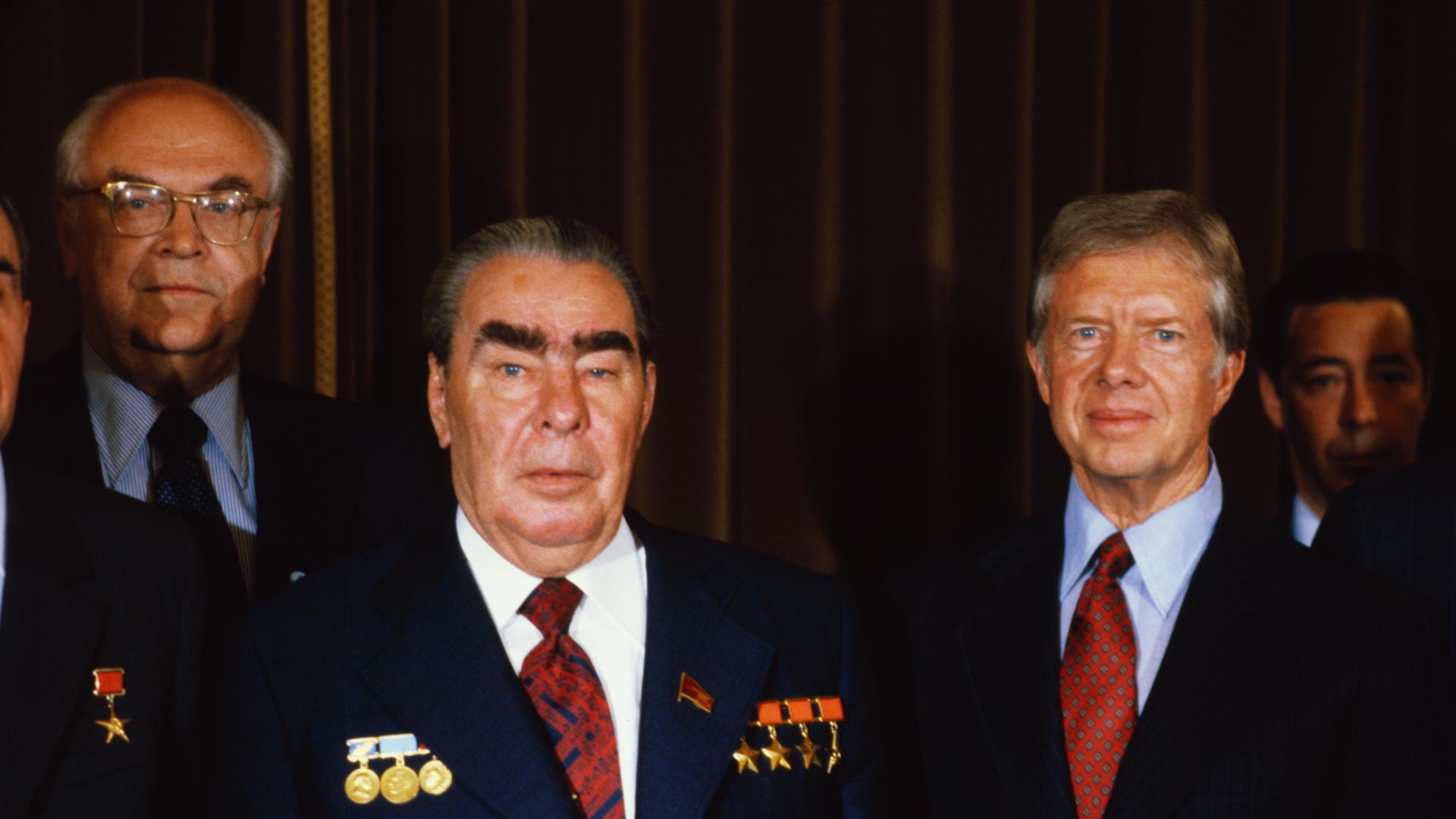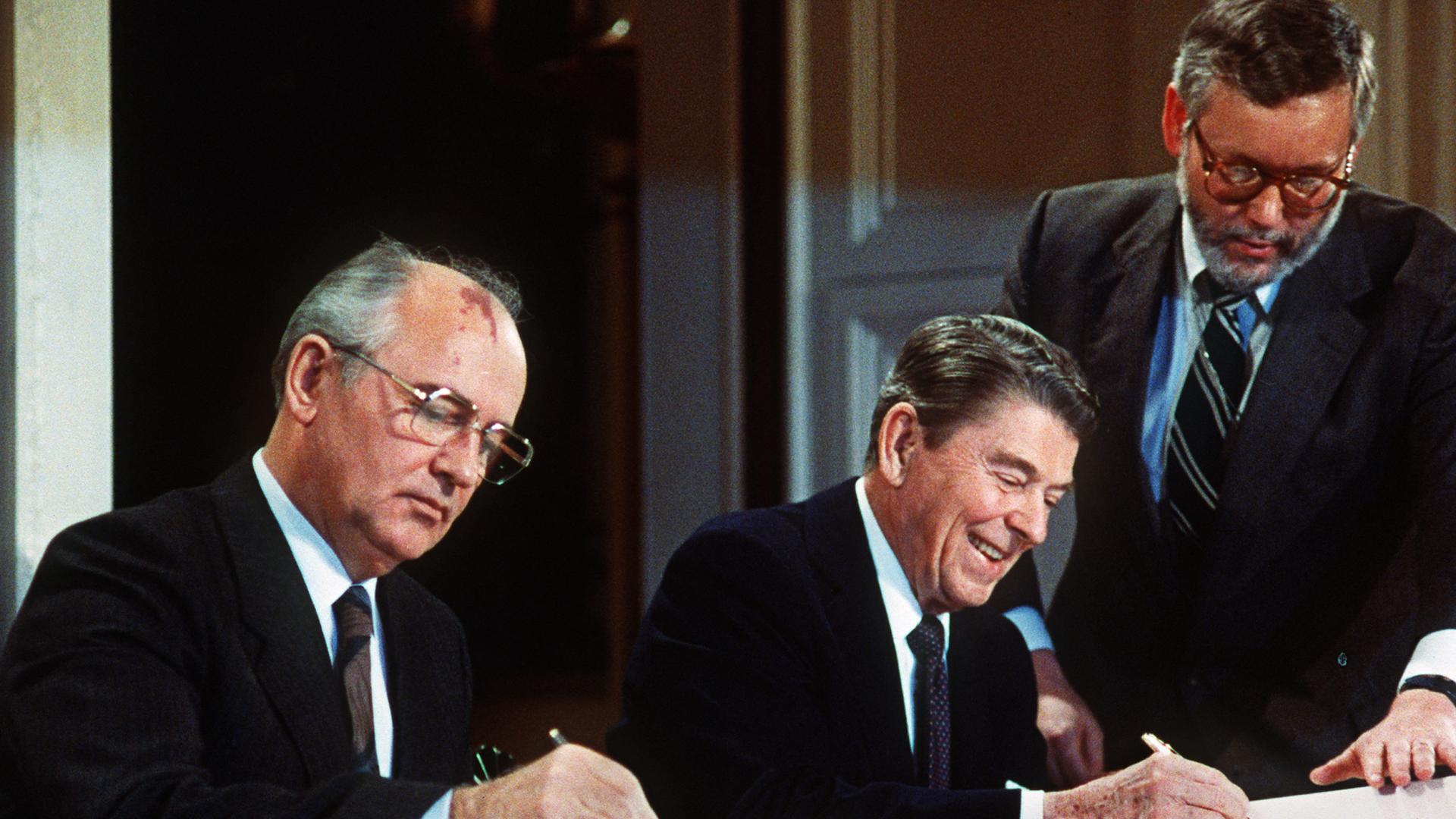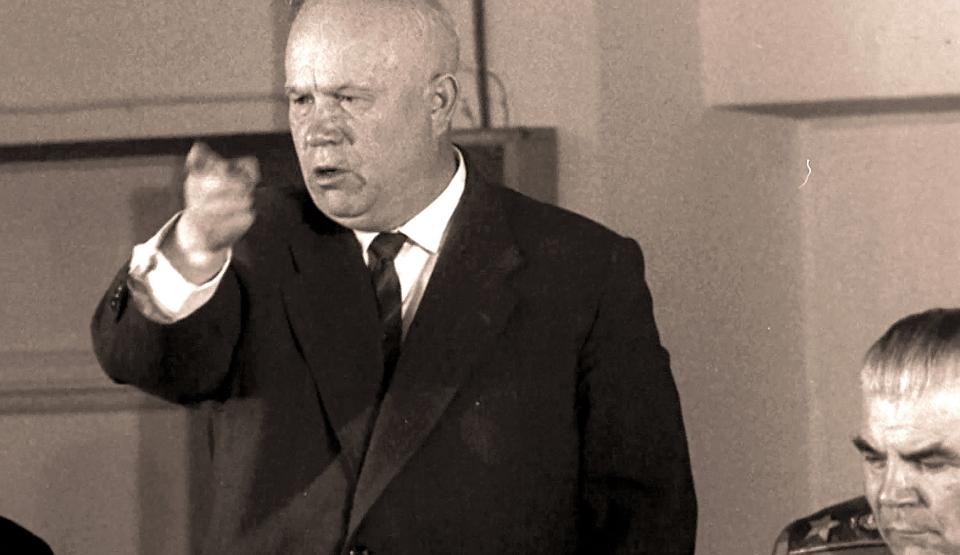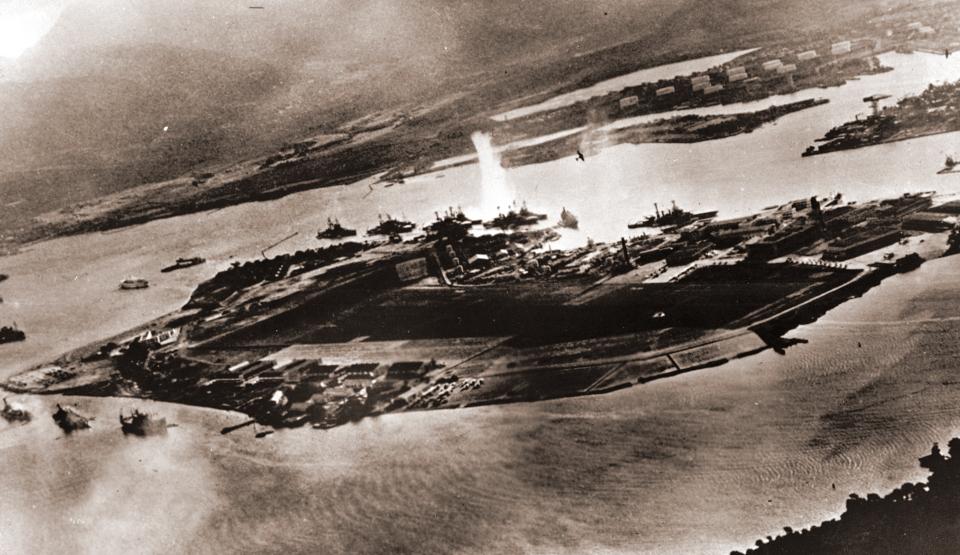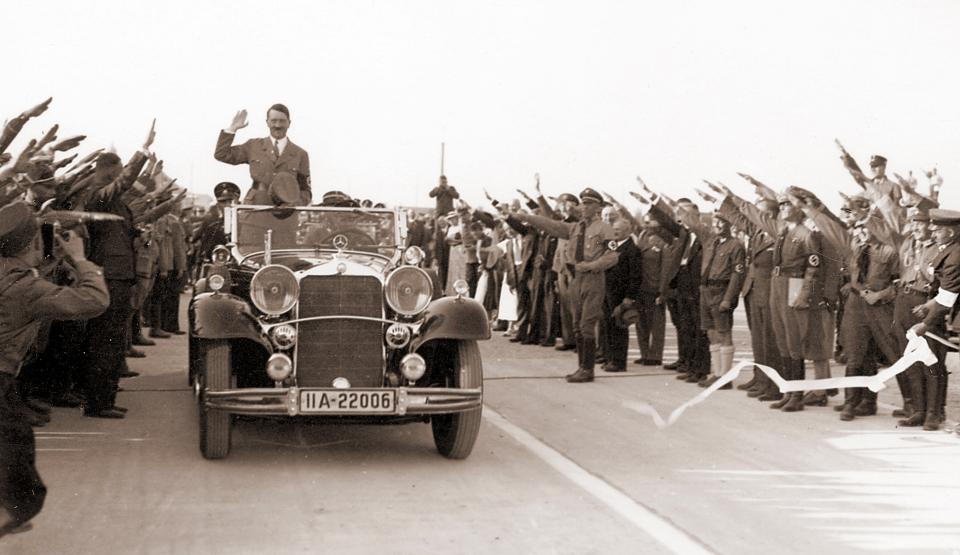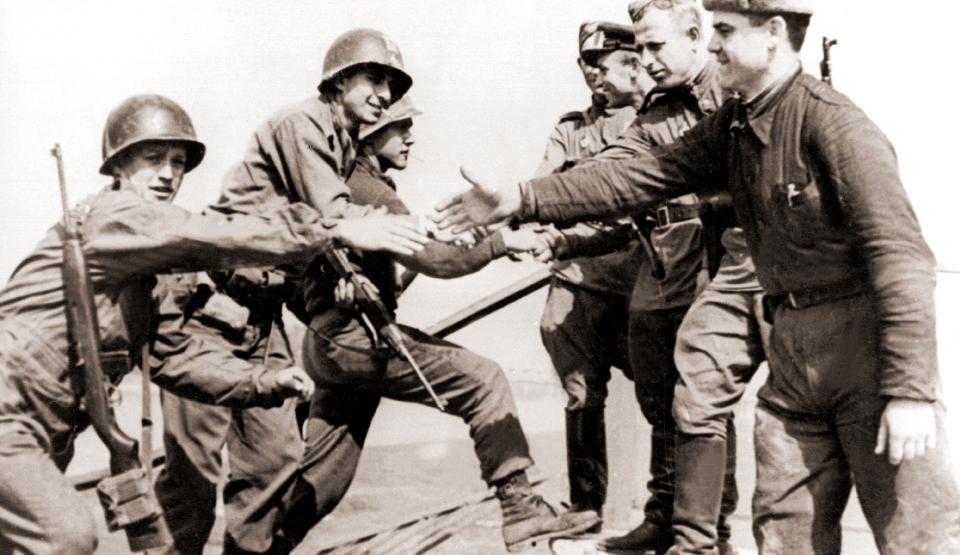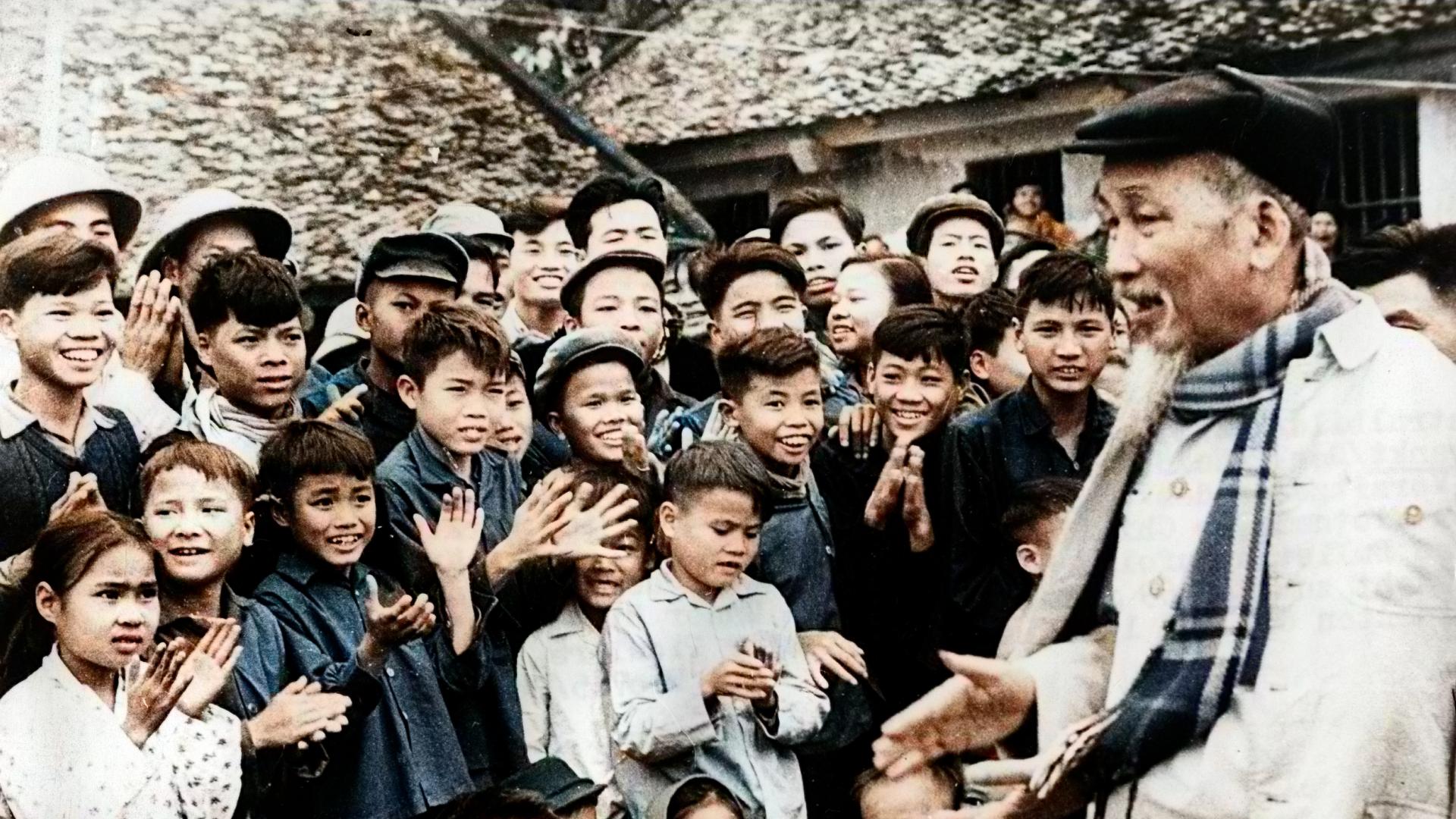
"Plans" plunges into the Vietnam War’s most critical years, tracing how political ambition, ideology, and resistance collided to shape history. Lyndon B. Johnson inherits the presidency amid Cold War pressure and commits to containing communism, even as Hồ Chí Minh, with strategist Lê Duẩn, pushes for Vietnamese independence backed by China and the USSR.
The Gulf of Tonkin incident grants Johnson sweeping authority, leading to massive troop deployments and Operation Rolling Thunder, a relentless bombing campaign. Yet Hồ and Lê Duẩn counter with guerrilla warfare, exploiting Vietnam’s terrain and turning devastation into propaganda. The Sino-Soviet split complicates communist unity, while China’s 1964 nuclear test signals its rise, further unsettling U.S. strategy.
Domestically, Vietnam becomes America’s first “television war,” eroding support and crippling Johnson’s Great Society reforms. Protests surge, fueled by mounting casualties and outspoken critics like Muhammad Ali. The Tet Offensive in 1968, while a tactical setback for the North, devastates U.S. morale, revealing the hollowness of claims of progress and sparking disillusionment within Johnson’s administration.
Facing revolt at home and stalemate abroad, Johnson shocks the nation by announcing he will not run for re-election, turning his focus toward peace talks. His withdrawal leaves a fractured America and a war unresolved, paving the way for Richard Nixon’s entry and signaling a profound turning point in both U.S. politics and the Cold War.

